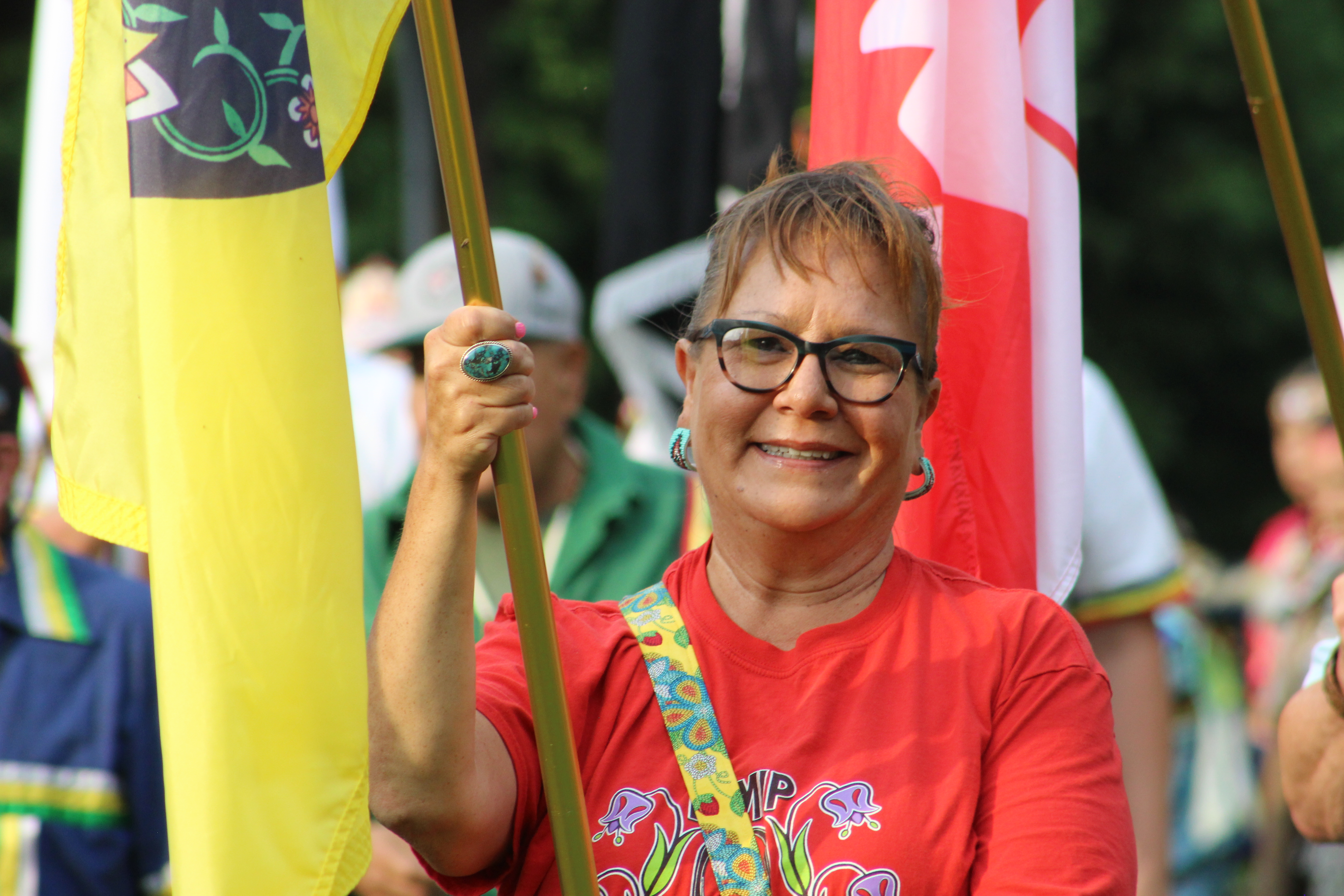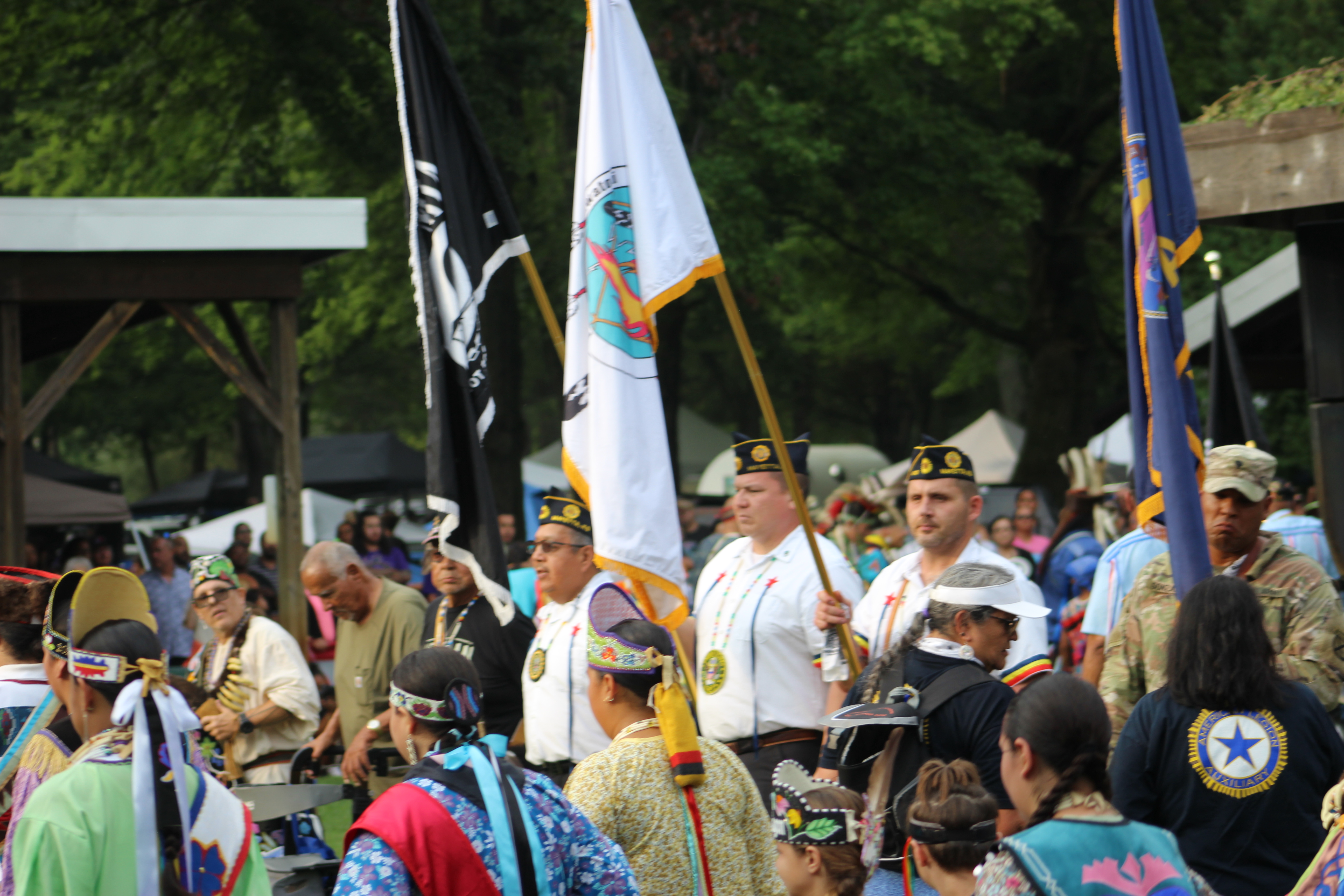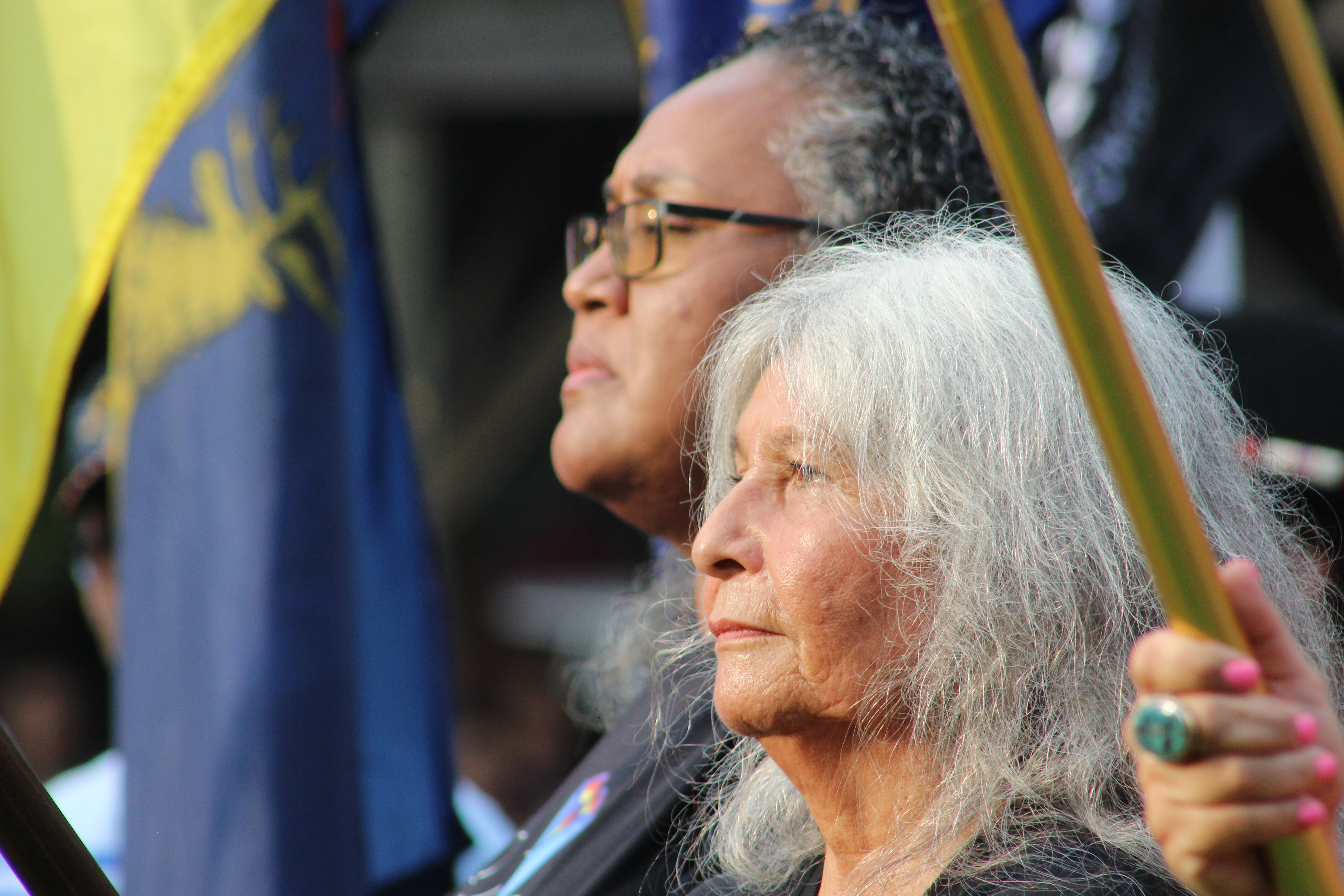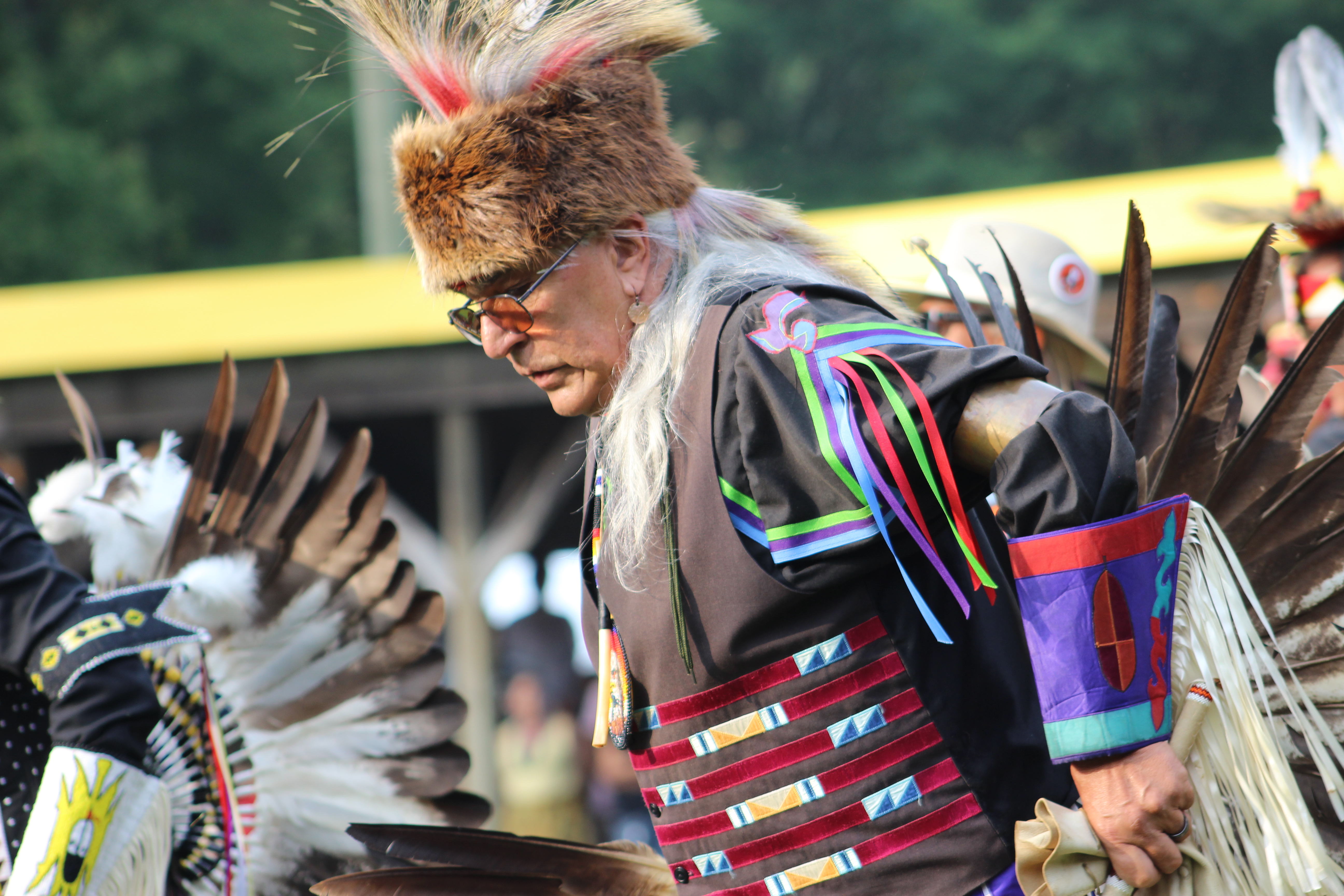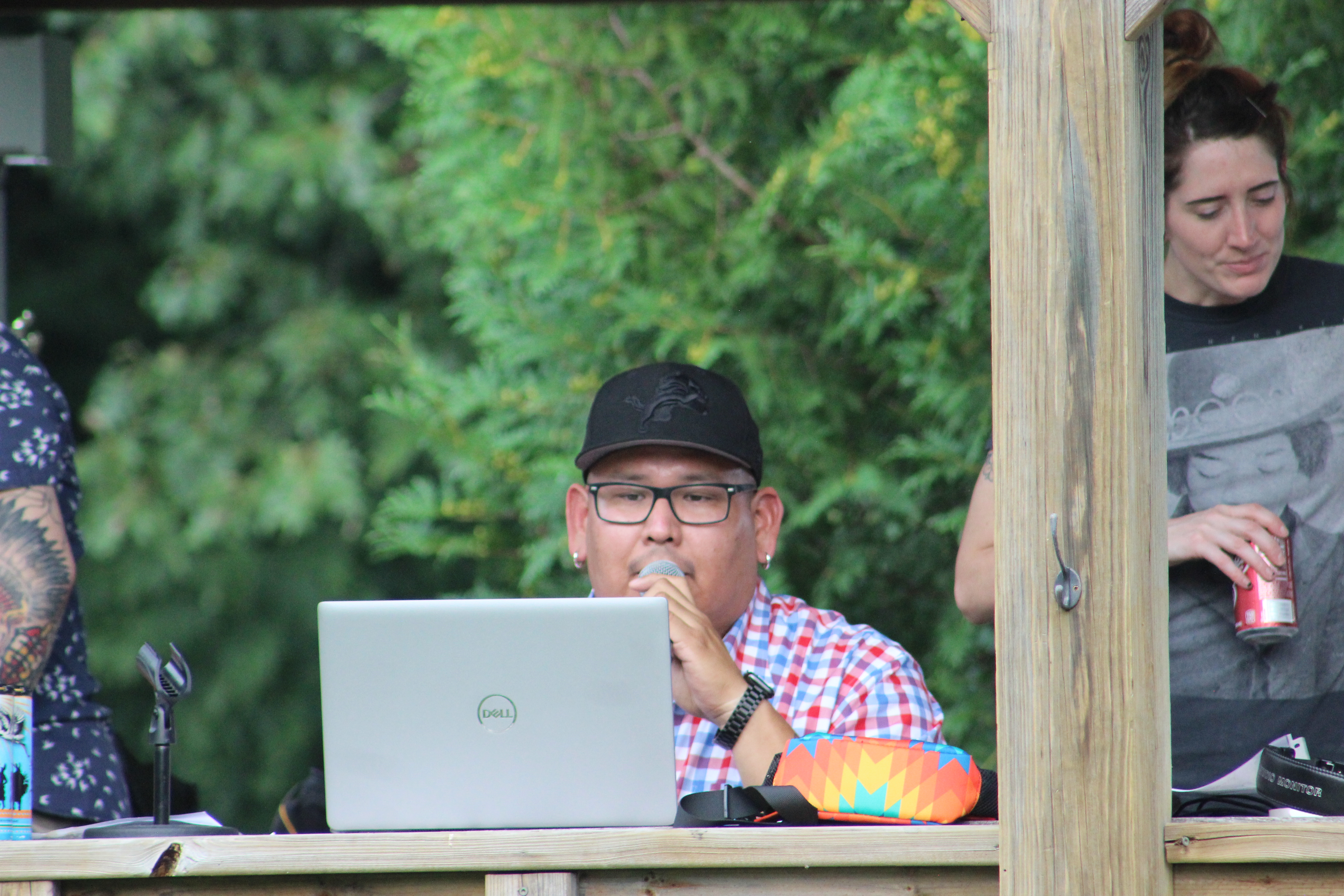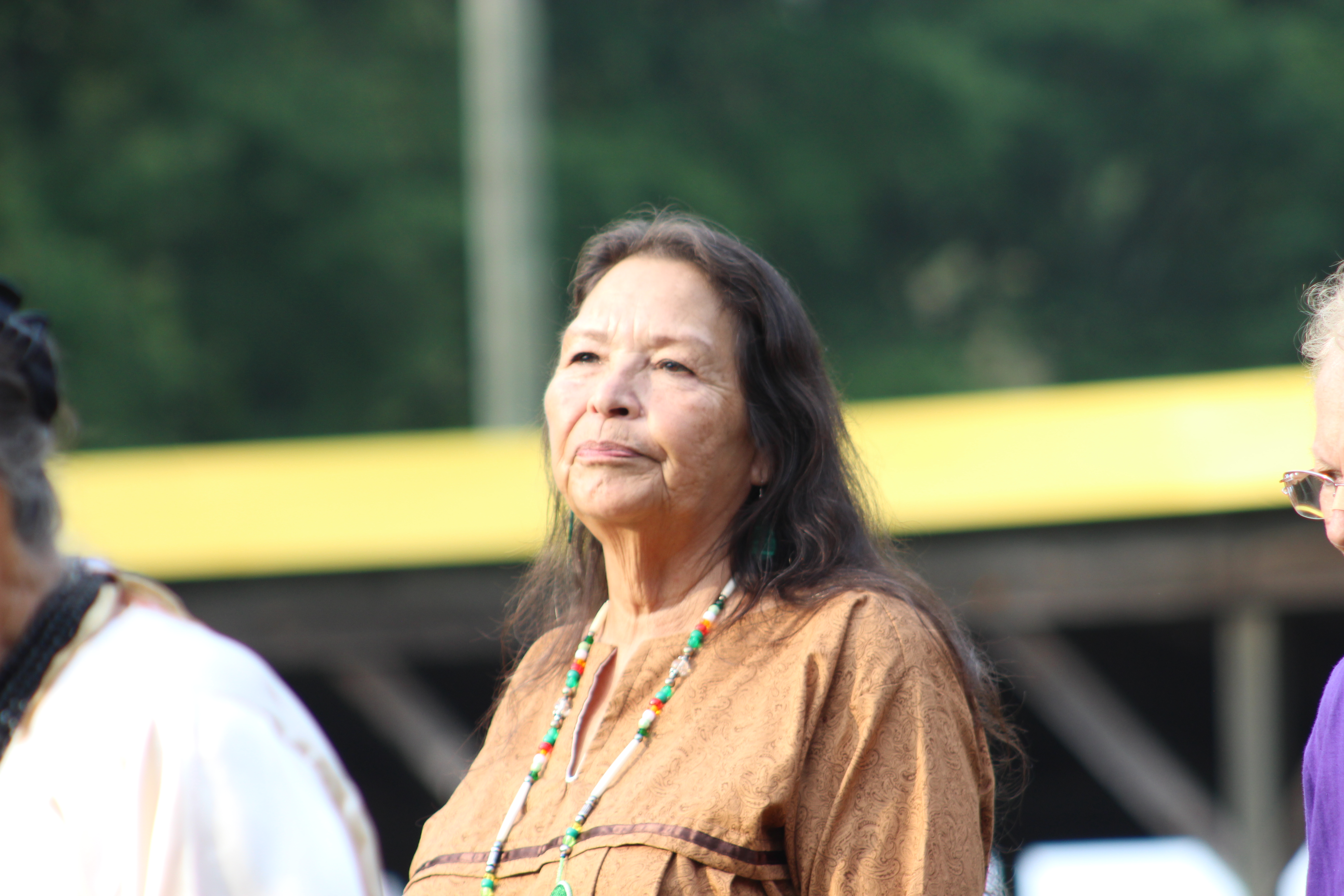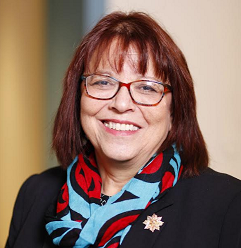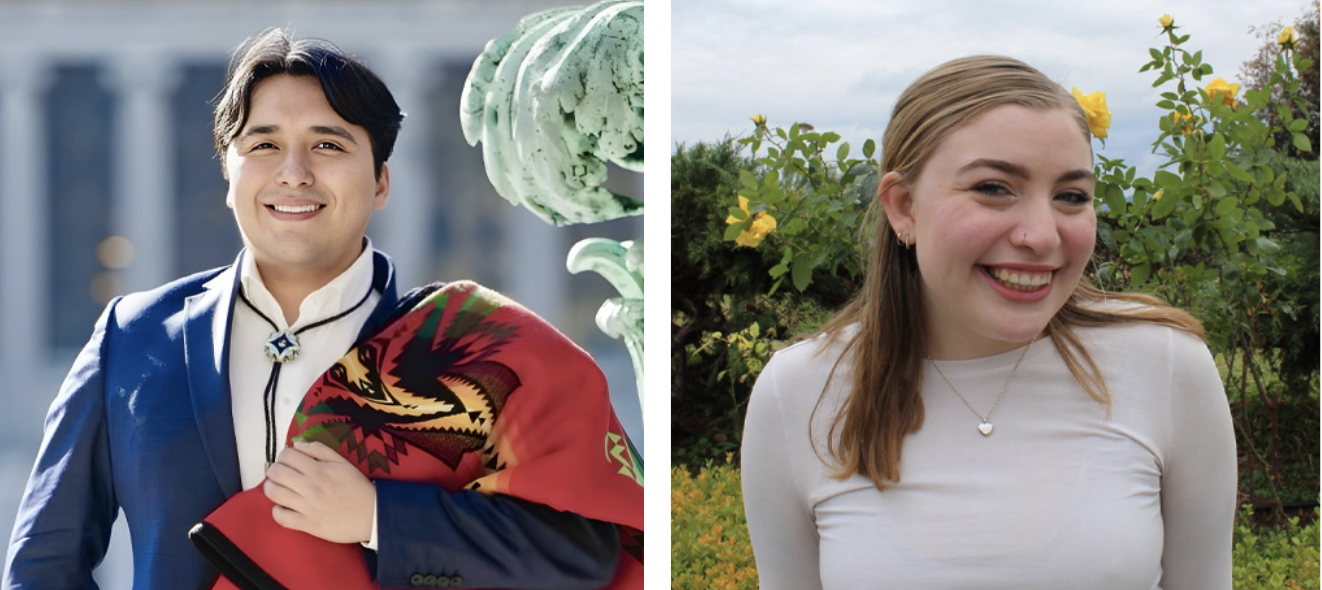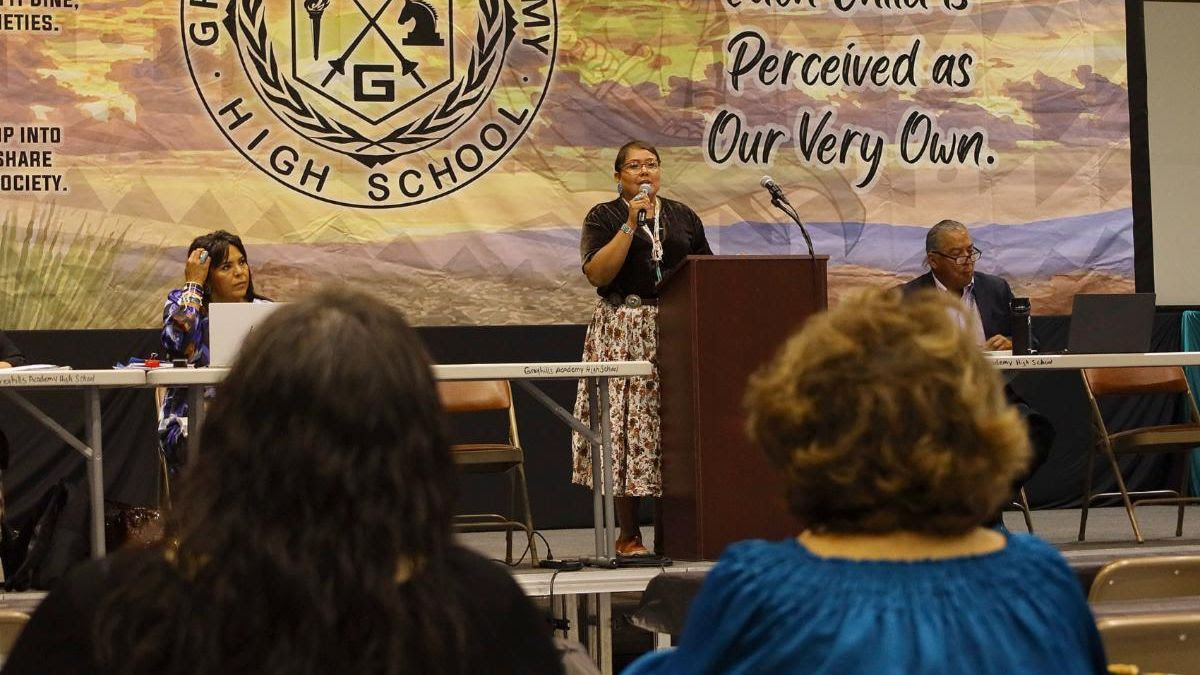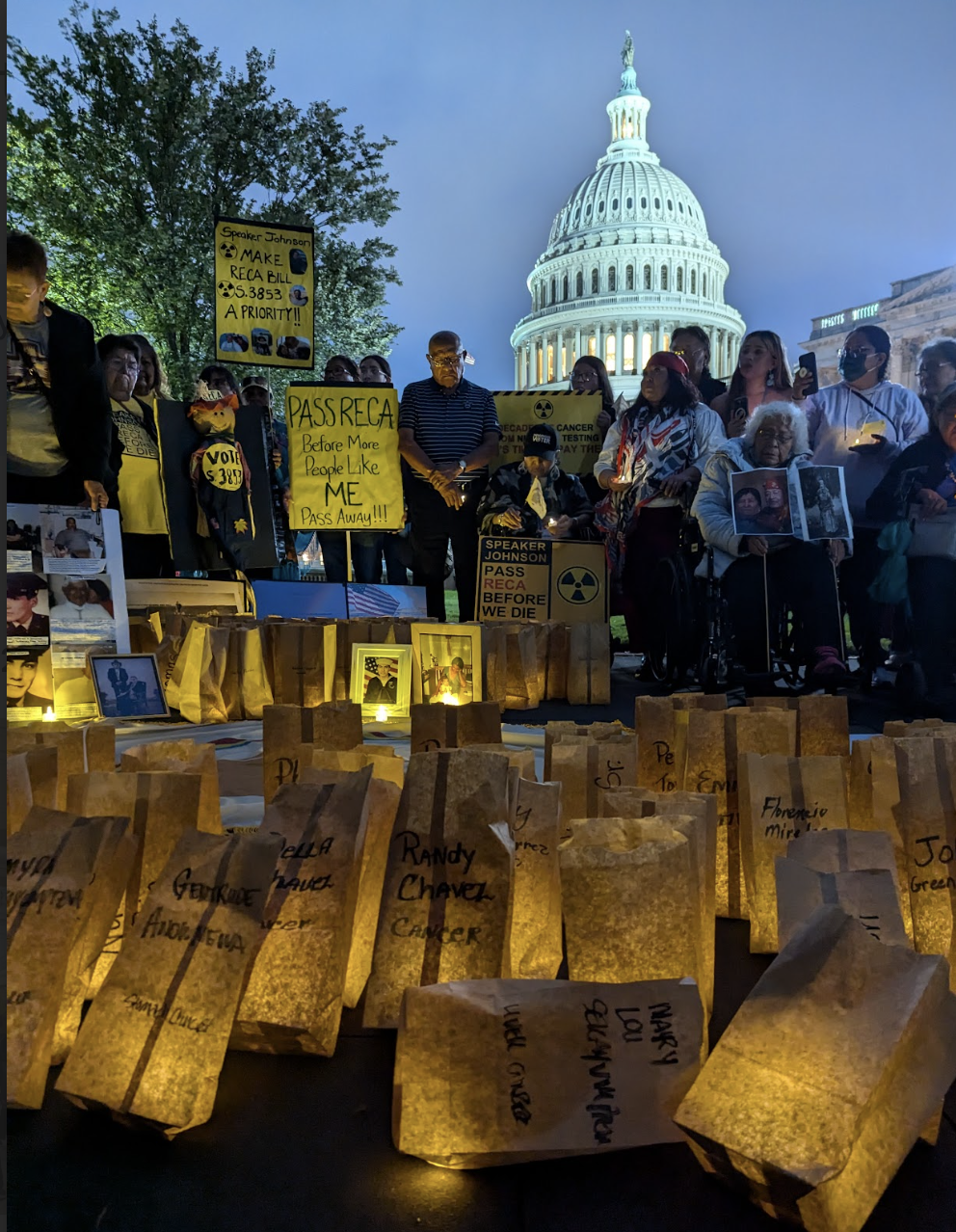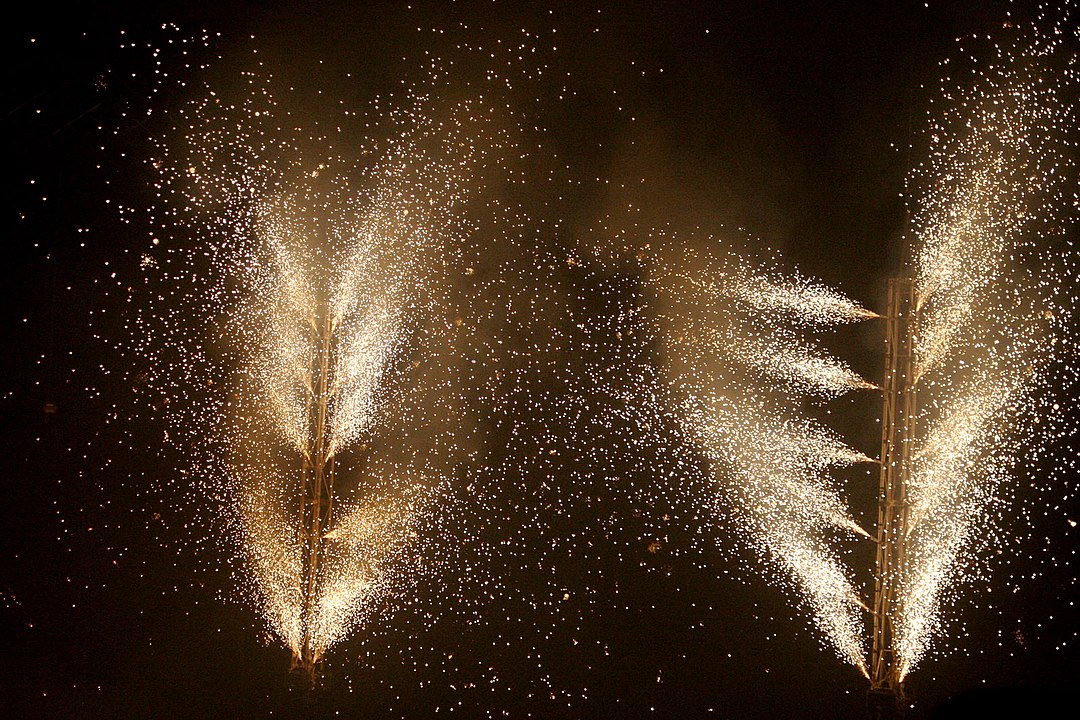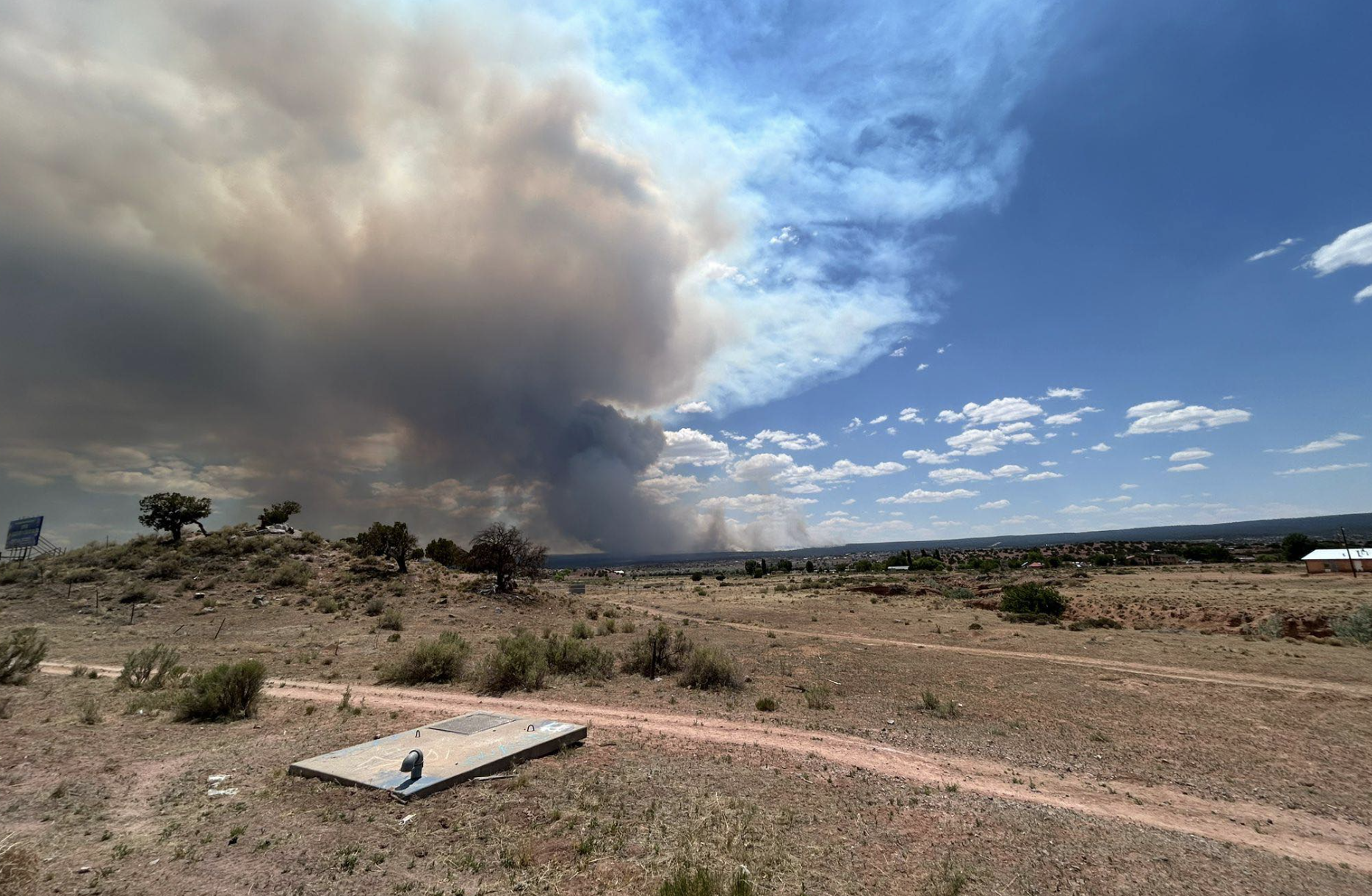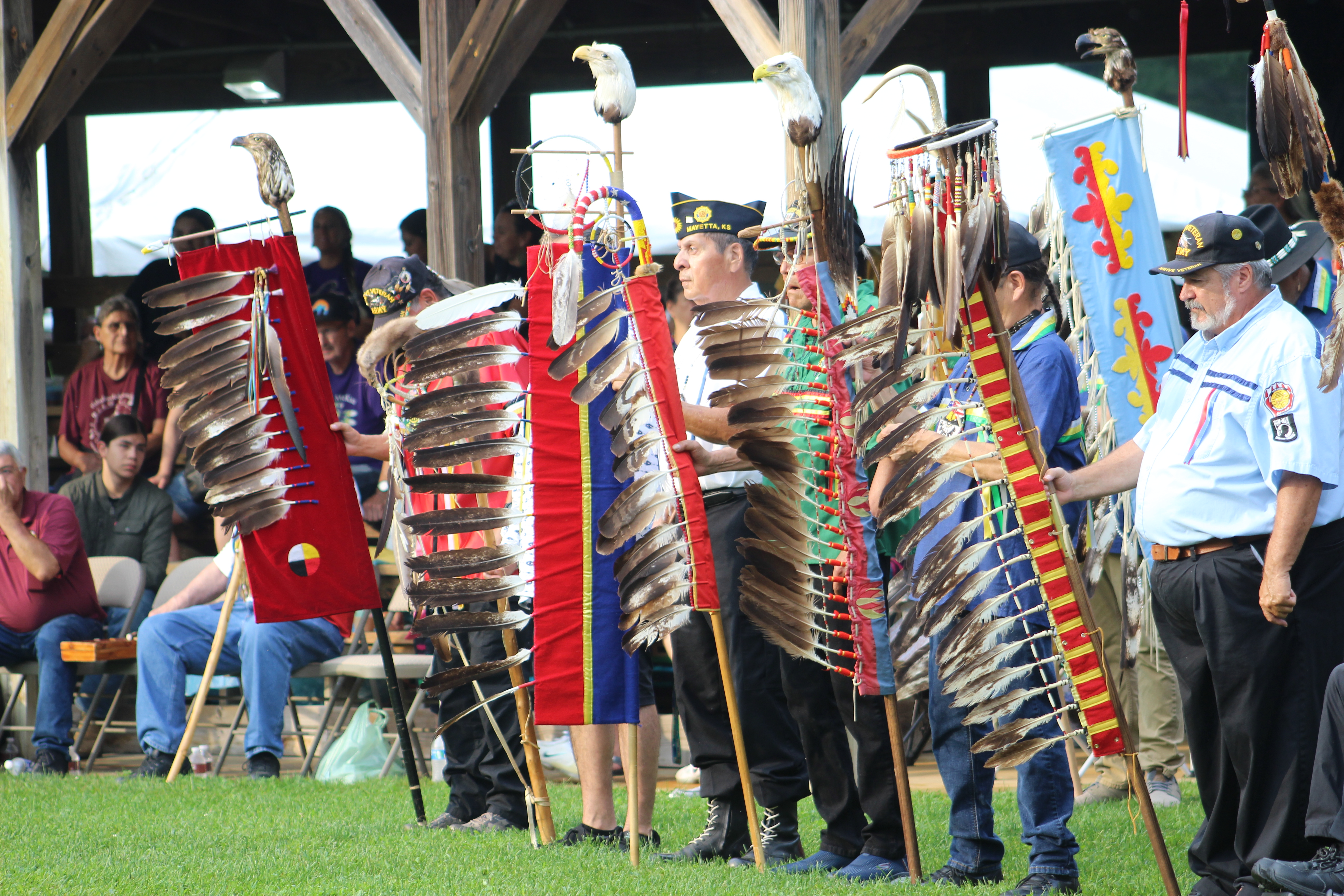
- Details
- By Levi Rickert
DOWAGIAC, Mich. — There was excitement in the air as over 5,000 Potawatomi citizens gathered in southwest Michigan this past week. They were there for the 2024 “Mawtheshnowen,” a Potawatomi word for gathering.
Hosted by the Pokagon Band of Potawatomi Indians, the Potawatomi Gathering kicked off on Monday with language workshops. On Thursday, Potawatomi leaders met to discuss economic development in order to improve their tribal business enterprises. And, then on Friday, Potawatomi nation elected leaders met to discuss commonalities and to wordsmith the language for the newly formed Potawatomi Confederacy.
“As Potawatomi people, we have a diverse and varied history that has separated us historically. But 30 years ago, we made a powerful decision to unite as Potawatomi people again,’’ Pokagon Band of Potawatomi Chairwoman Rebecca Richards said.
Pokagon Band of Potawatomi Indians Chairwoman Rebecca Richards
Beginning on Friday evening, three powwows were held. On Friday night, some 450 dancers registered to dance with fellow Potawatomi tribal citizens from the various Potawatomi bands from around the Indian Country.
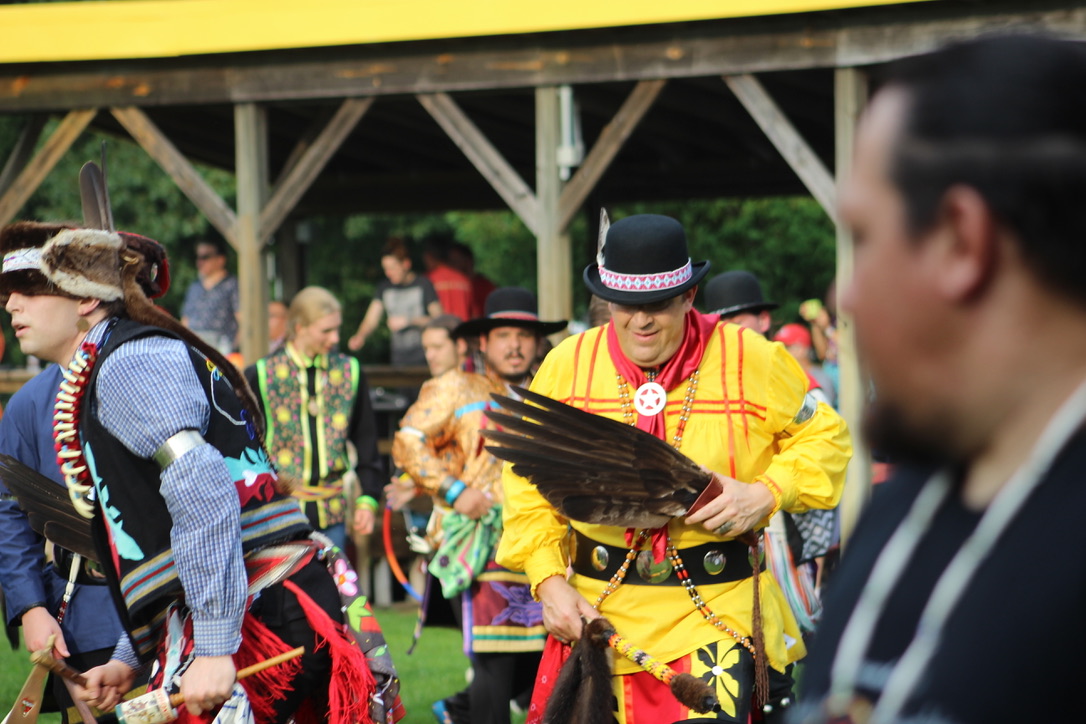
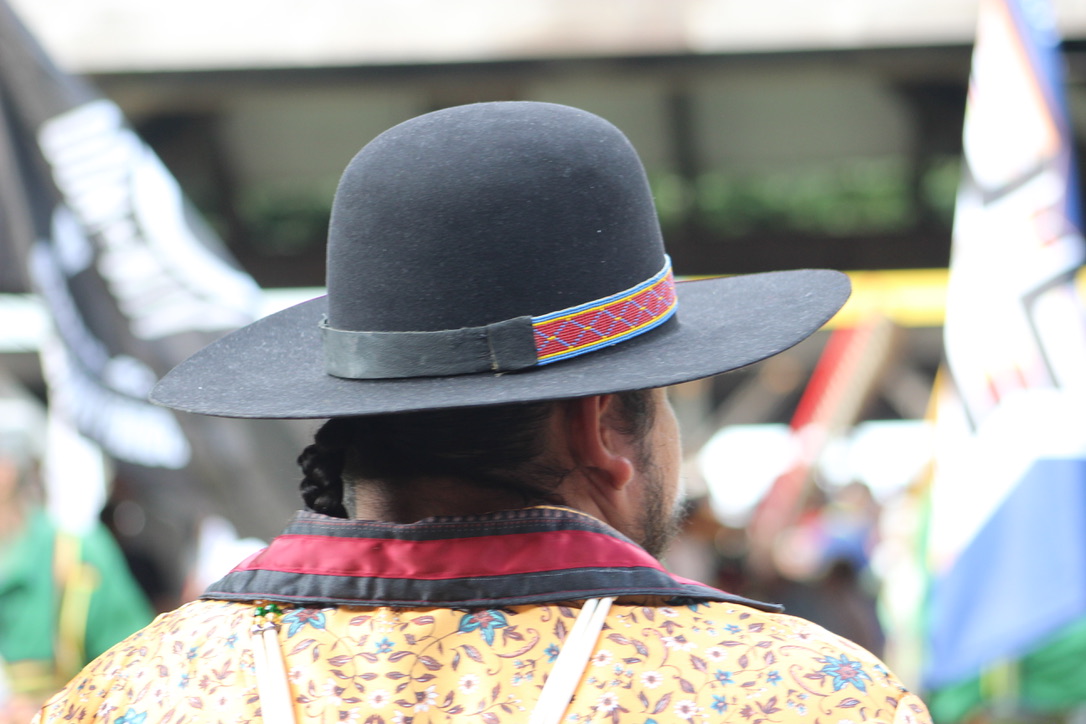
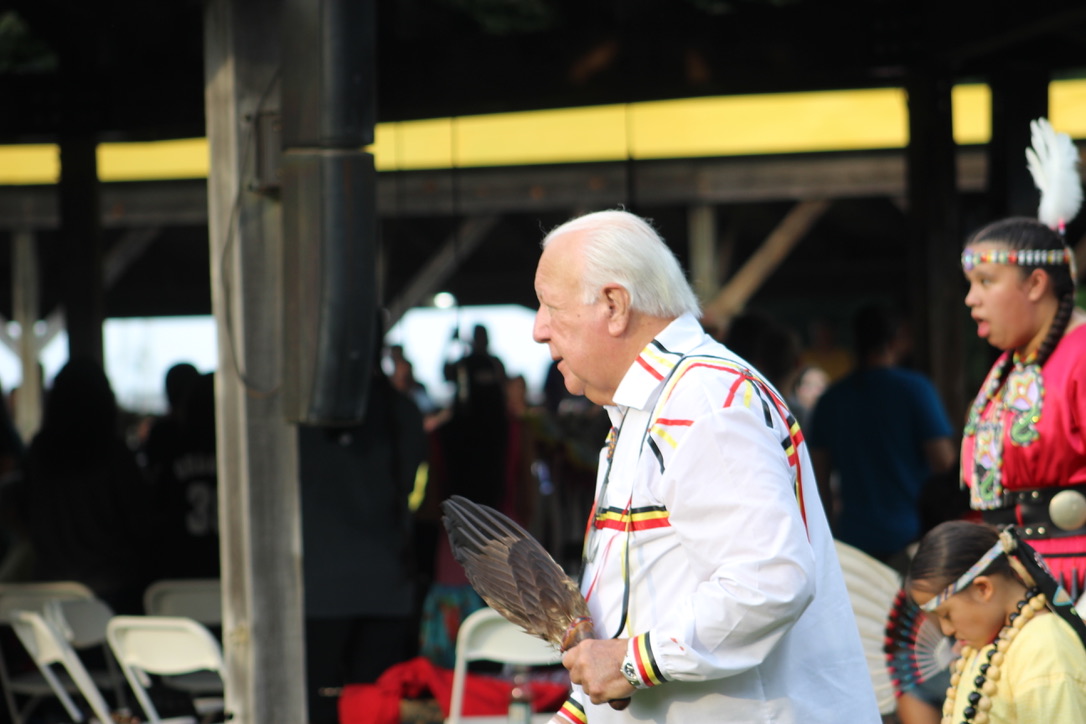
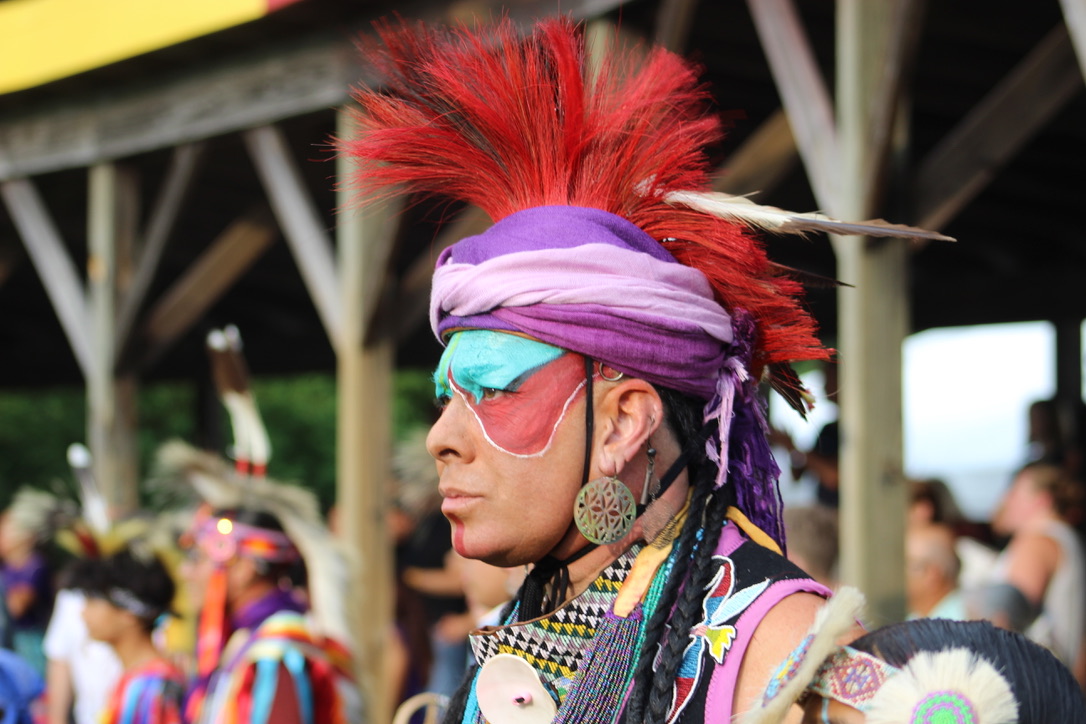
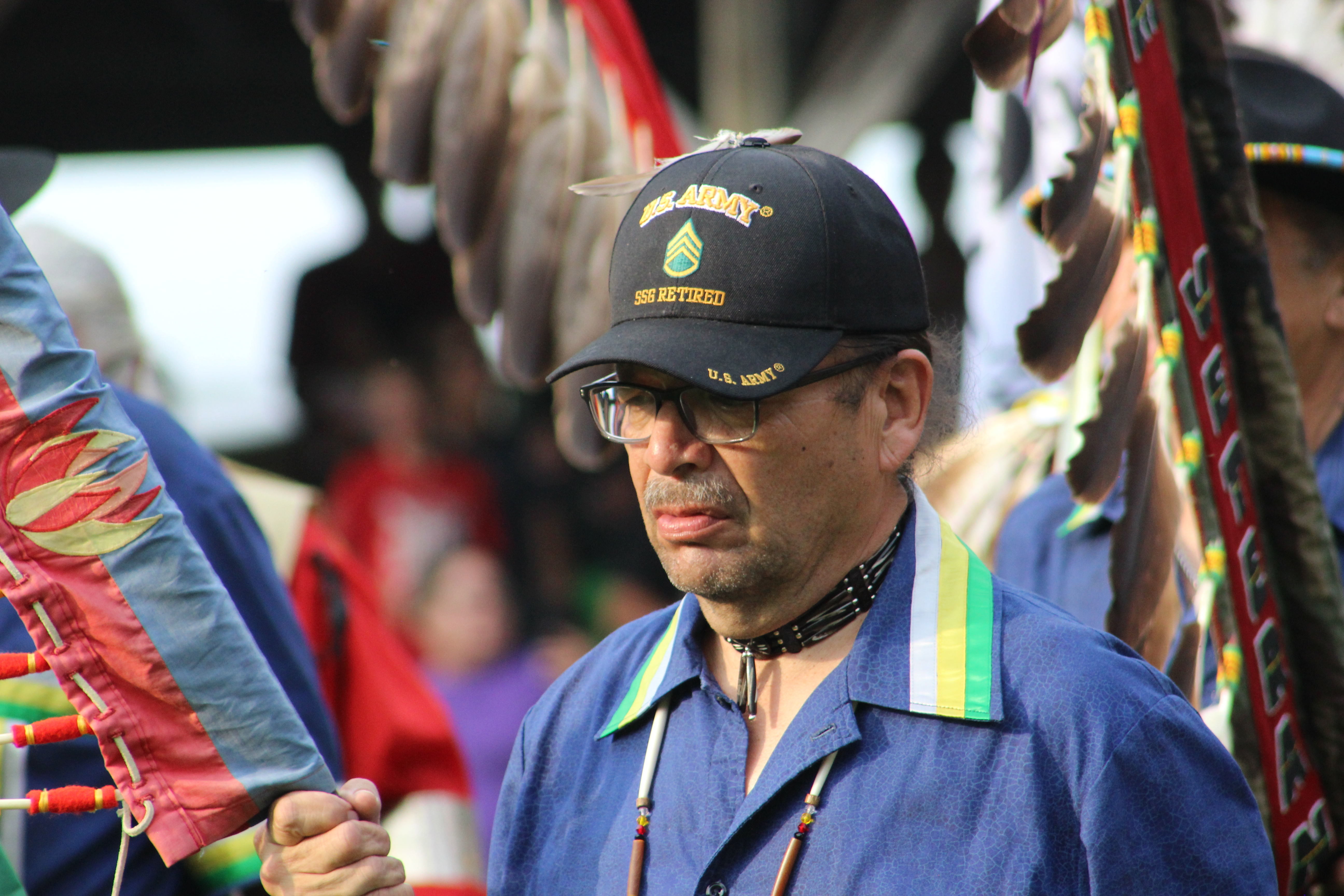
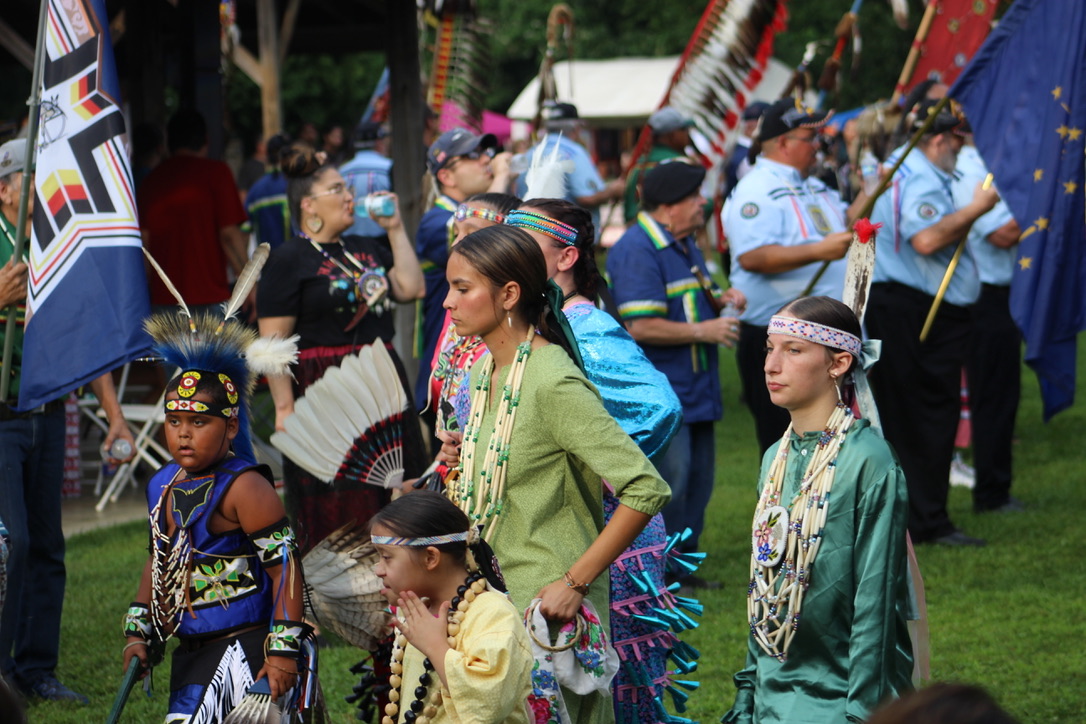
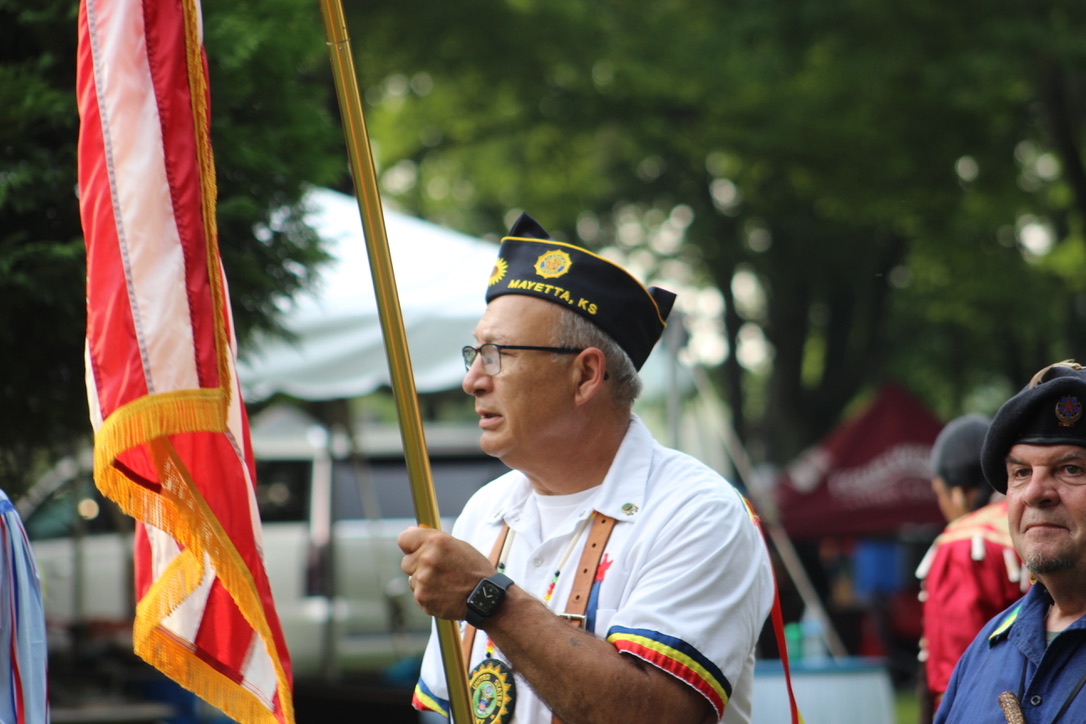
More Stories Like This
Native News Weekly (August 25, 2024): D.C. BriefsUS Presidents in Their Own Words Concerning American Indians
Native News Weekly (August 4, 2024): D.C. Briefs
Arizona Gov. Katie Hobbs Visits Oak Ridge Fire Command Post, Reaffirms Support for Navajo Nation Recovery Efforts
Native News Weekly (July 6, 2025): D.C. Briefs
Help us tell the stories that could save Native languages and food traditions
At a critical moment for Indian Country, Native News Online is embarking on our most ambitious reporting project yet: "Cultivating Culture," a three-year investigation into two forces shaping Native community survival—food sovereignty and language revitalization.
The devastating impact of COVID-19 accelerated the loss of Native elders and with them, irreplaceable cultural knowledge. Yet across tribal communities, innovative leaders are fighting back, reclaiming traditional food systems and breathing new life into Native languages. These aren't just cultural preservation efforts—they're powerful pathways to community health, healing, and resilience.
Our dedicated reporting team will spend three years documenting these stories through on-the-ground reporting in 18 tribal communities, producing over 200 in-depth stories, 18 podcast episodes, and multimedia content that amplifies Indigenous voices. We'll show policymakers, funders, and allies how cultural restoration directly impacts physical and mental wellness while celebrating successful models of sovereignty and self-determination.
This isn't corporate media parachuting into Indian Country for a quick story. This is sustained, relationship-based journalism by Native reporters who understand these communities. It's "Warrior Journalism"—fearless reporting that serves the 5.5 million readers who depend on us for news that mainstream media often ignores.
We need your help right now. While we've secured partial funding, we're still $450,000 short of our three-year budget. Our immediate goal is $25,000 this month to keep this critical work moving forward—funding reporter salaries, travel to remote communities, photography, and the deep reporting these stories deserve.
Every dollar directly supports Indigenous journalists telling Indigenous stories. Whether it's $5 or $50, your contribution ensures these vital narratives of resilience, innovation, and hope don't disappear into silence.
 The stakes couldn't be higher. Native languages are being lost at an alarming rate. Food insecurity plagues many tribal communities. But solutions are emerging, and these stories need to be told.
The stakes couldn't be higher. Native languages are being lost at an alarming rate. Food insecurity plagues many tribal communities. But solutions are emerging, and these stories need to be told.
Support independent Native journalism. Fund the stories that matter.
Levi Rickert (Potawatomi), Editor & Publisher

